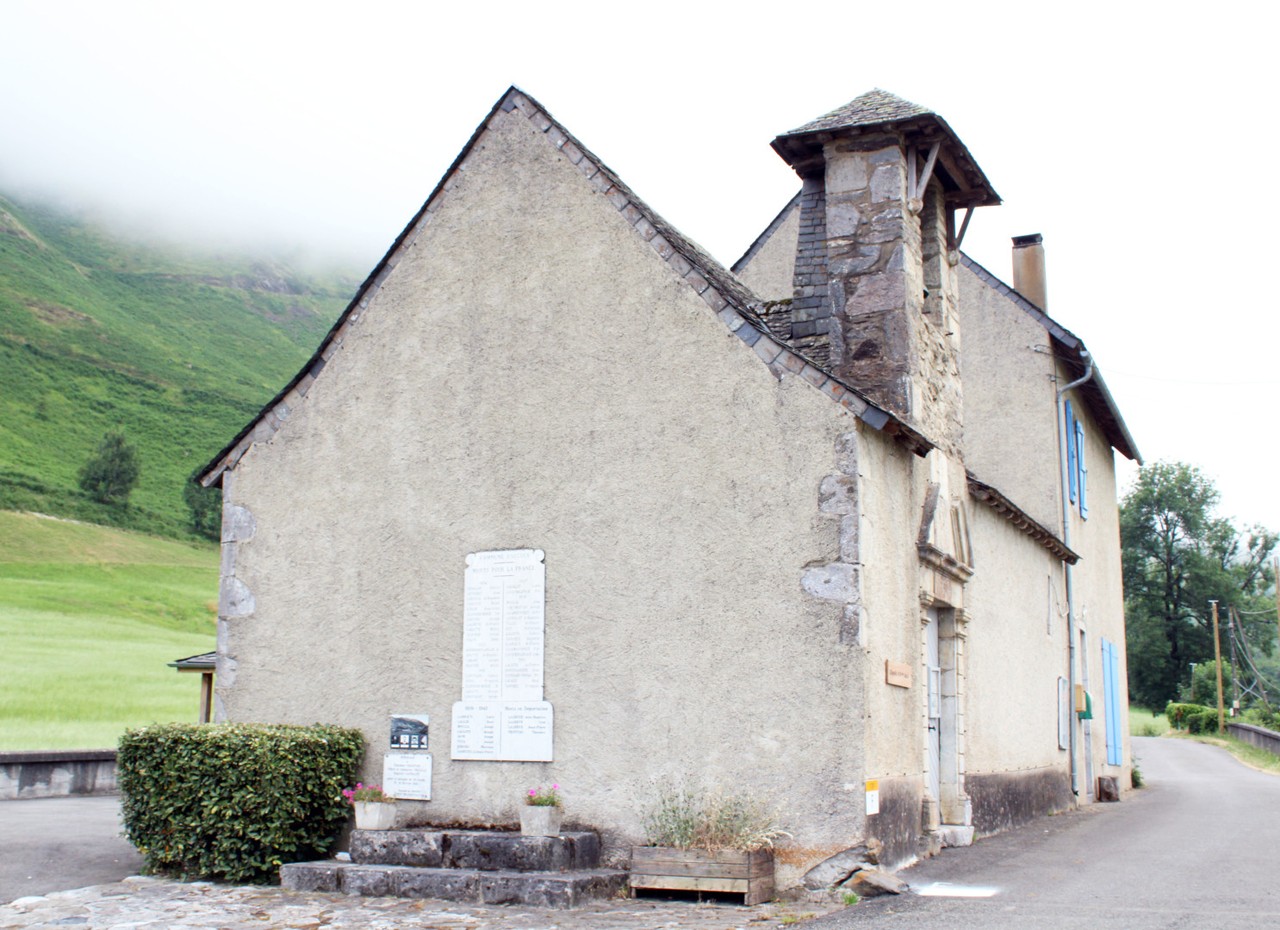“Thanks to the smugglers, we became soldiers of Free France, fighters in the Liberation armies,” wrote Manuel Ricoy, departmental president of Les Évadés de France.
The Lalhève family were farmers and shepherds on the Lhers plateau. Their son, Jean-Pierre, was a smuggler for a network that transported candidates for passage to the Cette-Eygun train station, hidden in the locomotive. The whole family was involved. The mother fed the escapees, while the father, Jean-Baptiste, hid them. At night, often accompanied by Louis and Tino Troïtino, Jean-Pierre would take them to the Col de la Cuarde. One evening in January 1944, they had to smuggle three men who claimed to have arrived at Lalhève's house through the usual channel, but the sight of a German patrol watching them near the border worried Troïtino, who suggested that Jean-Pierre should not go home and should hide. Jean-Pierre, worried about his family, did not listen to him. Meanwhile, the German soldiers had arrived at the farm.
After a thorough search and interrogation, they took Jean-Baptiste, the father, and Léon, the younger brother. They told the frightened mother and sister that if Jean-Pierre turned himself in before nightfall at the Kommandantur in Bedous, they would release Jean-Baptiste and Léon. He did so, but neither his father nor his brother were released. All three were deported on the March 22, 1944 convoy to Mauthausen, Austria. Jean-Baptiste, aged 65, was gassed at Hartheim shortly afterwards; Léon and Jean-Pierre were transferred to the Gusen labor camp, where they died of exhaustion and disease on December 19, 1944, in the case of Léon (aged 19), and on April 20, 1945, in the case of Jean-Pierre (aged 23).
Théodore, known as Tino Troïtino, was a worker in power stations and had a safe-conduct pass that allowed him to travel at night and thus had a good excuse in case of a check: “I'm here because there was a problem.” He worked in particular for the Bourgogne network, which was responsible for evacuating American airmen who had crashed on French soil. He was arrested at Oloron station in March 1944 carrying a suitcase containing compromising documents. His silence saved the lives of the other smugglers in the network. He was deported to Neuengamme camp and then to Ravensbrück, where he died on April 26, 1945, a few days before the camp was liberated. He had just turned 28.
